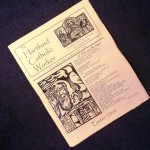 My copy of the “Hartford Catholic Worker” arrived in the mail a few days ago, and its arrival reminded me of my time volunteering at a Catholic Worker community on Cass Avenue in St. Louis during my senior year of college and also brought back memories of my godfather, Carl Paulsen, who led a Catholic Worker community in rural New England in his day.
My copy of the “Hartford Catholic Worker” arrived in the mail a few days ago, and its arrival reminded me of my time volunteering at a Catholic Worker community on Cass Avenue in St. Louis during my senior year of college and also brought back memories of my godfather, Carl Paulsen, who led a Catholic Worker community in rural New England in his day.
I don’t know how many of you are familiar with the Catholic Worker movement, but it was started in New York by two peculiar characters named Dorothy Day and Peter Maurin. Dorothy was a single mother, social activist and convert to the Catholic faith, while the frenchman Peter, who was considerably older, was a former Catholic brother.
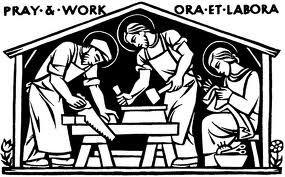
While beginning in New York, Dorothy and Peter eventually helped to found “Houses of Hospitality” in cities around the country and “Agricultural Centers” in rural areas. Each was essentially a small Christian (Catholic) community of like-minded people driven by a very strong sense of Christian personalism, which in a nutshell, is an emphasis on the God-given dignity of the human person and on a the personal responsibility of each Christian to lift up the poor and marginalized, rather than rely upon the state or other institution. Today there are over 200 such communities worldwide.
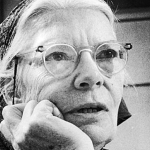
Catholic Worker Houses of Hospitality practice the Corporal Works of Mercy in many urban areas, offering shelter, soup kitchens, food banks, and other such things to the poor and marginalized.
The “Agricultural centers” are really just farms where hard work and Christian virtue is valued and living close to the land is the order of the day. My godfather, who I mentioned earlier, started one such farm in Upton, Massachusetts after World War II.
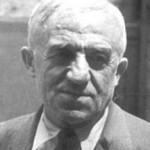
In addition to the Corporal Works of Mercy, which I mentioned before, all Catholic Worker houses practice manual labor, nonviolence, and voluntary poverty.
While at times in my past I’ve thought that some of these folks were “too liberal”, I have to admit that I have also been strongly attracted by their Catholic radicalism. Here are just some of the things that that draw me to them:
- They’re animated by the strongest sense of personal responsibility to address the violence and injustice that I’ve ever seen.
- Their decentralized communities are not characterized by any coercion and heavy handed pastoral policies. There is no pressure to “join” or even to “stay”. Volunteers come and go often.
- There are no pretensions or power-seeking.
- They pay close attention to the Church’s social teaching. and are inspired by the lives of the saints.
- They are completely driven by the laity, many of whom are very well-read and educated and deliberately live simply.
- The intellect is not disparaged among them in any way, and the intellectual life is in fact encouraged. Dorothy Day was a writer and intellectual. Lastly,
- There is no smidgen or hint of a cult of personality in the movement at all.
In short, they are a real breath of fresh air for this Yankee living in Guam.
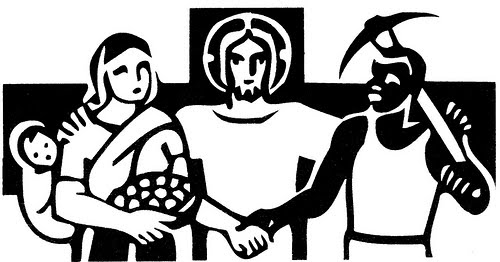

Am really inspired by the Catholic Worker movement.